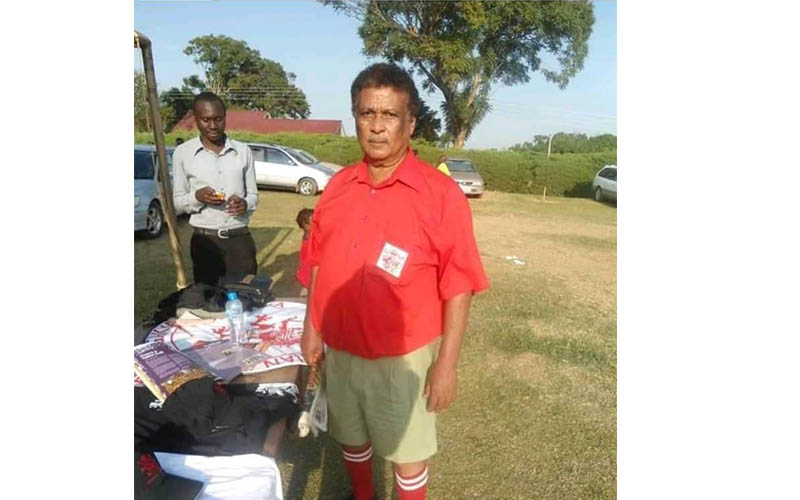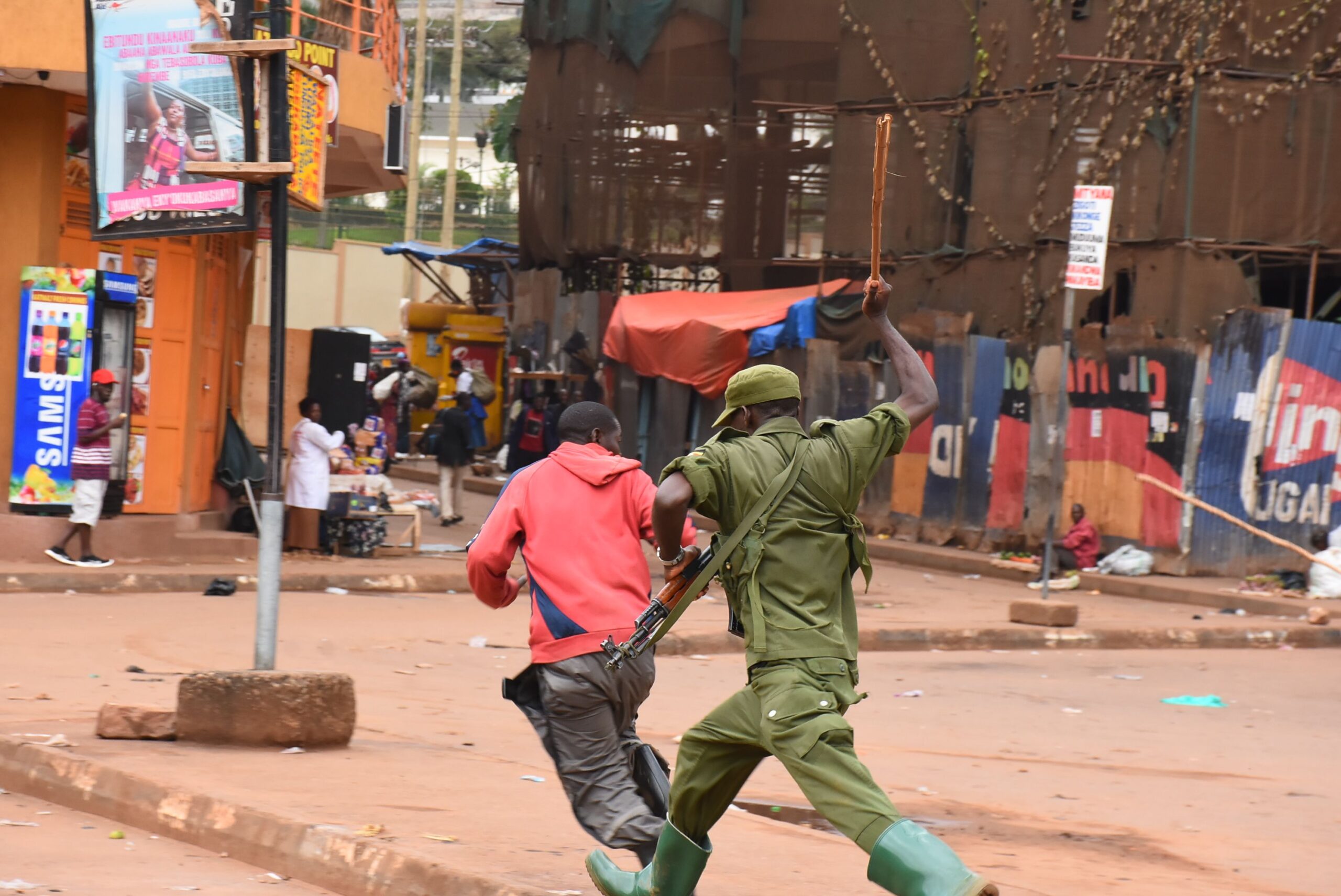In the days when Uganda Airlines was in operation, before being shut down in 2001, a friend of mine, a senior accountant, was driving back home, exhausted from work. It had been a long day and he just couldn’t wait to get home. But just after winding down the corner descending after Kisubi town from Entebbe, famous for a Catholic mission that hosts several institutions including a hospital, he had to slow down. Ahead, he noticed a girl down in the middle of the road. She had been knocked by a speeding car. There was a small group of people milling around her slithered body. He pulled his car aside and got out. The girl was bleeding profusely.
“Who can take her to the hospital!” He heard someone ask. He looked around. The hit-car had since vanished. There was no indication of police or an ambulance approaching in the dead of the night. Maybe they were asleep; yet life was ebbing away.
At first he hesitated. But after a second look he, decided to pitch in, for he knew Kisubi hospital was just a short distance away. Hands lifted and got the girl into his car and off to the hospital. Now once there, things took on a different turn. Thinking his part was done, and time to continue his journey back home, he was pulled back.
“You must first record a police statement,” a hospital official directed him. The police had just shown up.
“But I am a Good Samaritan who has just delivered an injured person I found on the wayside,” he explained. “I have no idea what took place.”
“No, Sir,” the officer insisted. “We must know what exactly happened and who knocked her.”
Suddenly, he realized, he had got himself into some ugly situation, he would rather have avoided, had he known. He ended up losing the whole night detained at the hospital, till common sense prevailed, and he was let go. The good news is that the wounded girl survived after receiving emergency care.
My friend had done the right thing, but that experience left him circumspect, as he would years later share to me that story. “If I ever come across such a situation you wouldn’t see me lift a finger,” he shook his head. “You may want to help, and know it is the right thing to do, but too much trouble.”
This leads me to another story. Along the Kampala- Jinja highway, approaching Seta, a certain humongous pothole settled in the middle of the road. As it kept expanding without any attempt to fix it, speeding cars, having missed sight of it, would suddenly crush into it. On several occasions this would cause an accident and the loss of life.
Now fixing potholes along highways is the preserve of Uganda National Roads Authority (UNRA). As villagers saw lives perishing due to this life eating pothole, they wrote and pleaded with UNRA to come to their rescue, but no response was coming forth. This was not on top of their schedule.
So one day, a spirited citizen called George Kisakye, just decided to get out his hoe, and plant a banana tree in the middle of the pot hole. It is not clear if UNRA acted, as this story made its way in mainline press. Yet one could imagine an irritated official approaching George Kisakye, eager to know, “Who gave you the permission to deface a public highway with a banana stem!”
Doing the right thing can at time get you into trouble. There is a parking lot, where I often shop, that once almost disintegrated like a mine filled yard. There were lots of shop owners eager to help out, do the right thing, but they didn’t want to run into trouble. You see, no one is supposed to fix public parking lots other than Kampala Capital City Authority.
And listen to this. On a number of occasions I have found myself fixed and lost in an ugly traffic jam, the kind where before you realize three lanes or four have formed. There are no policemen anywhere to be seen and it gets crazier as the more reckless drivers now join in. Soon the whole traffic has come to a standstill. No car is moving. This can go on and on, not until one person suddenly jumps out of his vehicle, rolls up his sleeves and starts directing traffic. He becomes the police officer. On occasions I have found pedestrian youths actually taking up that role. They start directing traffic till the clog eases up.
After being freed I have often wondered, besides showing appreciation, if the law will come up and ask these people who “gave you the right to direct traffic?” I suspect there are many people who too would like to do as much, but maybe they had once a bad experience, and like my Uganda Airlines friend, just sit back still, waiting for the police to turn up.
I am not sure if everything in life requires us to wait for the government that is nowhere to be seen to do the right thing. As I write I know schools in Uganda are still under lock, waiting for government to lift Covid-19 restrictions. But just wait, there are also many communities, unable to endure the sight of their children aimlessly loitering around, long decided to open up community schooling.
You may accuse such these of being lawless. But you know what, let me tell you something. I have been to places where within seconds of a call to a police, they do show up, polite and eager, ready to assist. There are cities I have been to where if you complained the garbage hasn’t been picked up for days, in a moment the trucks will show up. Some places you don’t need to worry about deforestation for there is someone monitoring and replacing those disappearing trees.
But there are places, in this world, I have also come across, if you just sit by, waiting for government or fearful not to intervene in someone’s job, which he long lost focus of, you are going to wait, brother, sister, for a really loooong time!
Friend, just go out and do the right thing, once you size up the situation well. The powers once they discover may yell and scream at you, hit and curse, drag you down to the law, mad for you daring at their jobs. Well, all I know, speaking from certain experiences, you will not lose a moment of sleep. Instead you will experience a certain and sweet peace.
@ Turning Point is authored by Dr Martin M. Lwanga with the purpose to inspire by reflecting on life through personal experiences and life observations. The first collection of “Turning Point” is finally out, titled “Who is my Friend?” You can order a copy at only UGX 30,000 ( extra costs for delivery). Send/ Call Whatsup message 0772401774/ 0752921386.







